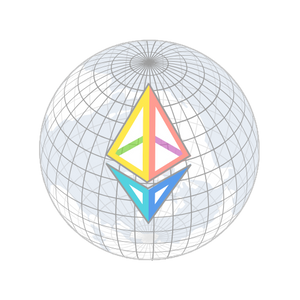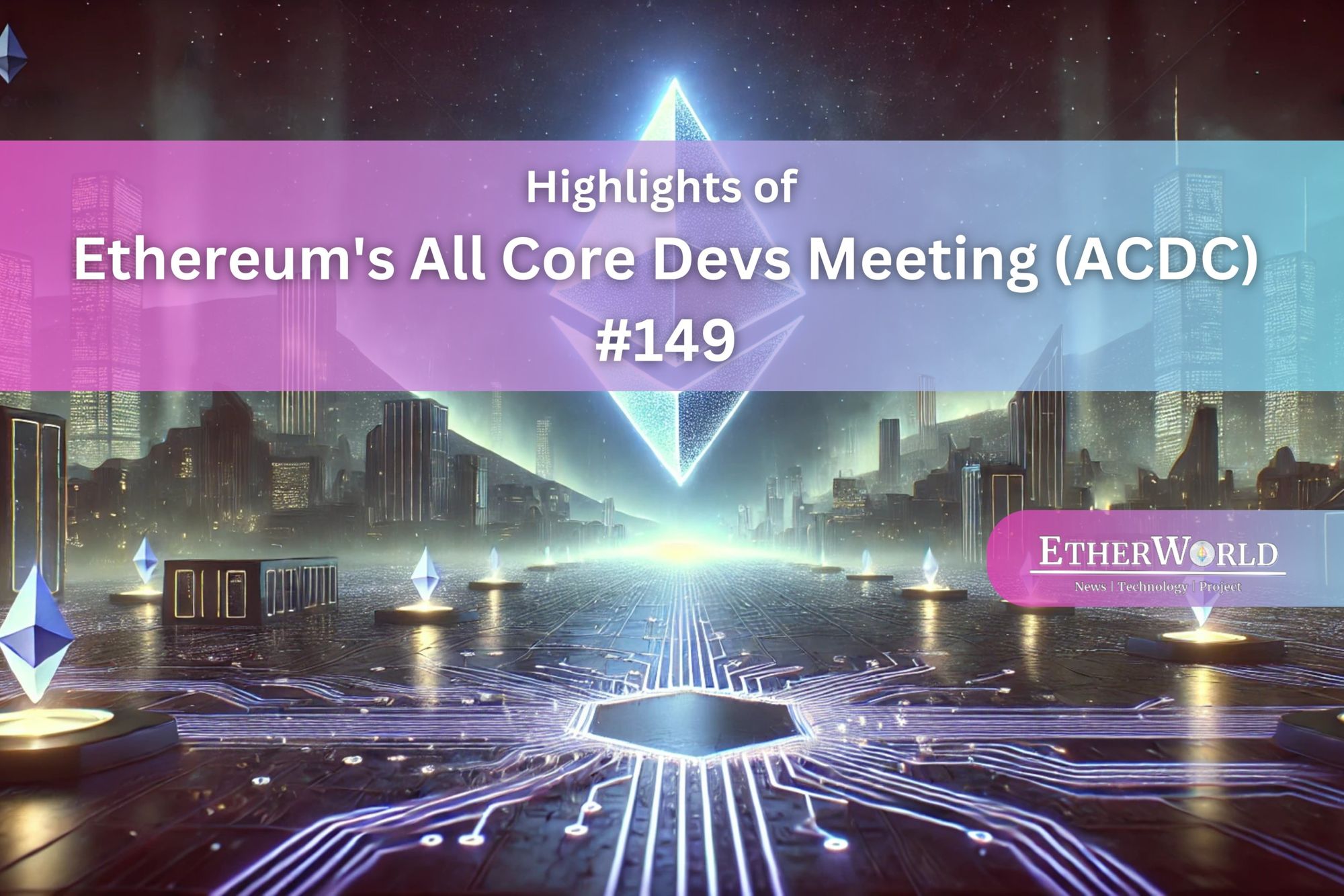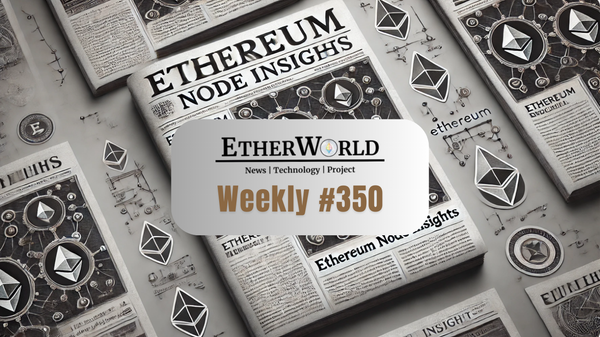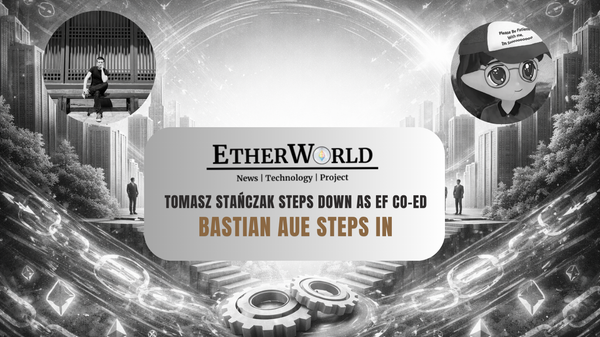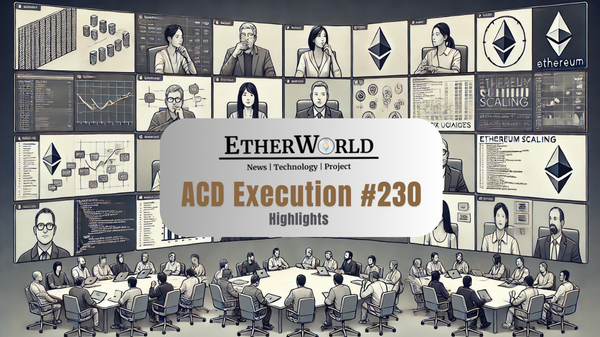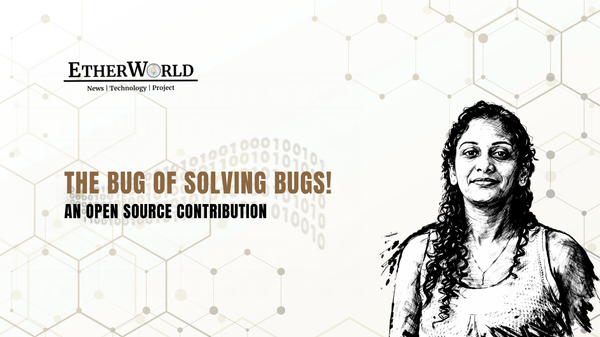The was the second All Core Developers Execution (ACDC) Call of 2025 focused on key updates for Devnet 5 and preparations for Devnet 6, setting the stage for upcoming testnet upgrades in February and a mainnet fork in March 2025.
Highlights included discussions on resolving Devnet 5 bugs, aligning client teams for the next phase, and exploring scaling solutions like Blob-Parameter-Only (BPO) forks. As the Pectra upgrade progresses, developers remain committed to enhancing network stability, scalability, and efficiency while ensuring a seamless path forward for Ethereum’s evolution.
- Devnet 5 Updates
- Devnet 6 Preparation
- Pectra Testnet Forks
- Blob Scaling & the Role of BPO Forks
- Hard Fork Coordination
Devnet 5 Updates
Devnet 5 has played an important role in testing the Pectra upgrade. It has allowed developers and client teams to stress-test critical features and systems, helping to identify key areas for improvement.
A gas estimation bug caused a three-way fork between Geth, Nethermind, and Reth clients, disrupting network stability. While patches have addressed some of these issues, maintaining alignment between clients remains a work in progress, with additional refinements still needed. Further complicating matters, bugs in Bazel nodes required investigation and updates from the team.
Adding to these challenges was the mixed outcome of Hive testing. While updates to Hive configurations were implemented, the most recent test run failed, prompting teams to diagnose the issues and prepare for another attempt. Despite these difficulties, the Ethereum core devs remains optimistic.
Core Developers are working tirelessly to address the remaining bugs, and client teams are fully engaged in the process. With progress on Devnet 5 moving forward, attention is now turning to Devnet 6, which is expected to lay the groundwork for February’s testnet upgrades and the anticipated March mainnet fork.
Devnet 6 Preparation
Unlike Devnet 5, Devnet 6 introduces changes incompatible with the current client releases. This necessitates careful planning and coordination among teams to ensure a smooth transition. A new execution spec test will play a critical role in preparing for Devnet 6, enabling developers to validate their updates against the latest requirements.
The timeline for Devnet 6 is ambitious but achievable. Developers are targeting a launch within the next week, provided the remaining bugs in Devnet 5 are resolved and client teams are ready. This means the next few days will be a race against time to finalize patches, complete testing, and ensure all systems are go.
The call also highlighted the importance of alignment across client teams. Developers agreed on the need to move forward even if not all bugs in Devnet 5 are resolved.
Pectra Testnet Forks
The Pectra testnet forks will be important for client teams to validate their implementations before rolling out changes to mainnet. Two testnet slots were proposed during the call:
- Holesky Fork: Scheduled for Wednesday, February 12, 2025, at 09:32:48 UTC (slot 3,620,864).
- Sepolia Fork: Set for Wednesday, February 19, 2025, at 15:48:48 UTC (slot 219,392).
These forks represent critical opportunities to iron out remaining issues, stress-test updates, and ensure network stability before moving forward.

To prepare for these testnets, client teams are expected to release updated releases by February 3, 2025. An official announcement is planned for February 4 or 5, giving validators, developers, and community members sufficient notice to participate.
ShadowForks were also highlighted as a critical tool for testing new features and fixes in conditions that closely resemble the Ethereum mainnet. Developers emphasized their role in preparing for the next stages of development, including Devnet 6 and the upcoming testnet forks, ensuring stability before broader deployment.
Blob Scaling & the Role of BPO Forks
Blob scaling is one of Ethereum’s most exciting and challenging goals, with a direct impact on the network's data availability and scalability. During the call, developers explored the idea of Blob-Parameter-Only (BPO) Forks as a way to safely and regularly scale Ethereum’s blob capacity without the complexities of full-fledged protocol upgrades.
BPO forks are lightweight Ethereum forks that focus exclusively on adjusting blob-related parameters, specifically:
- Blob Targets: The average number of blobs per block the network aims to include.
- Blob Limits: The maximum number of blobs that can be included in a single block.
This approach allows for smaller, more incremental upgrades to Ethereum’s scalability, providing flexibility to adjust capacity as needed while minimizing the operational burden of larger, more complex hard forks.
Hard Fork Coordination
As Ethereum continues to evolve, reflecting on past experiences is essential to improve processes and ensure smoother upgrades in the future. Pectra was described as a particularly complex and “wild” hard fork, requiring extensive collaboration among client teams, developers, and community members.
Issues such as unexpected delays, unforeseen bugs, and tight timelines made the coordination process uniquely challenging. These experiences highlighted the need for better planning and communication during future upgrades. To improve coordination, developers proposed opening a discussion thread on ETH Magicians for future hard forks, such as Fusaka.
The All Core Devs (ACD) process is the backbone of Ethereum’s development, but there’s always room for improvement. Suggestions included:
- Structuring ACD calls to allow for more focused discussions on specific topics.
- Using breakout sessions or smaller working groups to tackle complex issues.
- Leveraging AI-powered summarization tools to make large-scale discussions more manageable.
The Ethereum community is tentatively aiming for a March 2025 mainnet fork, with March 11 proposed as a potential date. This timeline hinges on the successful execution of the February testnets and the resolution of any issues identified during those deployments.
Readers can watch Ethereum's All Core Devs (ACDC) Meeting #149 here:
_____________________________________________________________________Disclaimer: The information contained in this website is for general informational purposes only. The content provided on this website, including articles, blog posts, opinions, and analysis related to blockchain technology and cryptocurrencies, is not intended as financial or investment advice. The website and its content should not be relied upon for making financial decisions. Read full disclaimer and privacy Policy.
For Press Releases, project updates and guest posts publishing with us, email to contact@etherworld.co.
Subscribe to EtherWorld YouTube channel for ELI5 content.
Share if you like the content. Donate at avarch.eth or Gitcoin
You've something to share with the blockchain community, join us on Discord!
